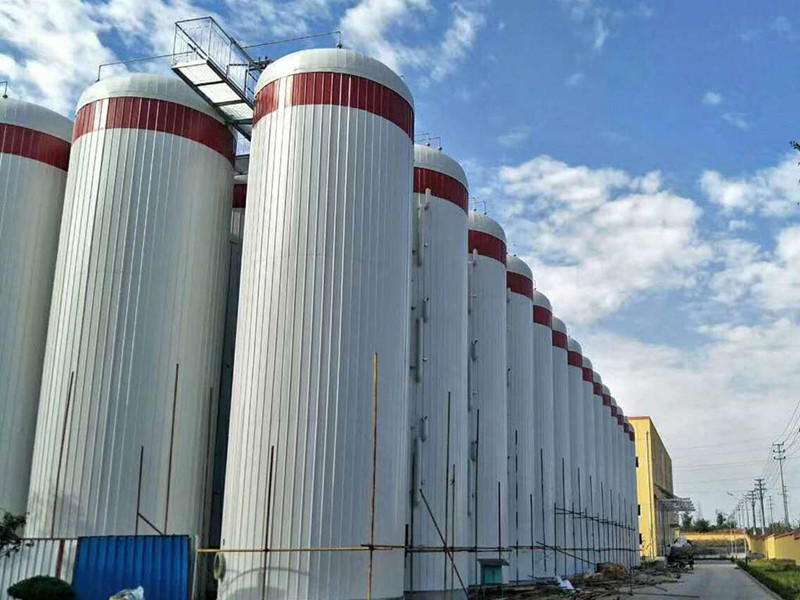
-
 Afrikaans
Afrikaans -
 Albanian
Albanian -
 Amharic
Amharic -
 Arabic
Arabic -
 Armenian
Armenian -
 Azerbaijani
Azerbaijani -
 Basque
Basque -
 Belarusian
Belarusian -
 Bengali
Bengali -
 Bosnian
Bosnian -
 Bulgarian
Bulgarian -
 Catalan
Catalan -
 Cebuano
Cebuano -
 China
China -
 China (Taiwan)
China (Taiwan) -
 Corsican
Corsican -
 Croatian
Croatian -
 Czech
Czech -
 Danish
Danish -
 Dutch
Dutch -
 English
English -
 Esperanto
Esperanto -
 Estonian
Estonian -
 Finnish
Finnish -
 French
French -
 Frisian
Frisian -
 Galician
Galician -
 Georgian
Georgian -
 German
German -
 Greek
Greek -
 Gujarati
Gujarati -
 Haitian Creole
Haitian Creole -
 hausa
hausa -
 hawaiian
hawaiian -
 Hebrew
Hebrew -
 Hindi
Hindi -
 Miao
Miao -
 Hungarian
Hungarian -
 Icelandic
Icelandic -
 igbo
igbo -
 Indonesian
Indonesian -
 irish
irish -
 Italian
Italian -
 Japanese
Japanese -
 Javanese
Javanese -
 Kannada
Kannada -
 kazakh
kazakh -
 Khmer
Khmer -
 Rwandese
Rwandese -
 Korean
Korean -
 Kurdish
Kurdish -
 Kyrgyz
Kyrgyz -
 Lao
Lao -
 Latin
Latin -
 Latvian
Latvian -
 Lithuanian
Lithuanian -
 Luxembourgish
Luxembourgish -
 Macedonian
Macedonian -
 Malgashi
Malgashi -
 Malay
Malay -
 Malayalam
Malayalam -
 Maltese
Maltese -
 Maori
Maori -
 Marathi
Marathi -
 Mongolian
Mongolian -
 Myanmar
Myanmar -
 Nepali
Nepali -
 Norwegian
Norwegian -
 Norwegian
Norwegian -
 Occitan
Occitan -
 Pashto
Pashto -
 Persian
Persian -
 Polish
Polish -
 Portuguese
Portuguese -
 Punjabi
Punjabi -
 Romanian
Romanian -
 Russian
Russian -
 Samoan
Samoan -
 Scottish Gaelic
Scottish Gaelic -
 Serbian
Serbian -
 Sesotho
Sesotho -
 Shona
Shona -
 Sindhi
Sindhi -
 Sinhala
Sinhala -
 Slovak
Slovak -
 Slovenian
Slovenian -
 Somali
Somali -
 Spanish
Spanish -
 Sundanese
Sundanese -
 Swahili
Swahili -
 Swedish
Swedish -
 Tagalog
Tagalog -
 Tajik
Tajik -
 Tamil
Tamil -
 Tatar
Tatar -
 Telugu
Telugu -
 Thai
Thai -
 Turkish
Turkish -
 Turkmen
Turkmen -
 Ukrainian
Ukrainian -
 Urdu
Urdu -
 Uighur
Uighur -
 Uzbek
Uzbek -
 Vietnamese
Vietnamese -
 Welsh
Welsh -
 Bantu
Bantu -
 Yiddish
Yiddish -
 Yoruba
Yoruba -
 Zulu
Zulu
large durable fiberglass storage tanks for various industrial applications and liquid containment
The Advantages and Applications of Large Fiberglass Tanks
In recent years, the demand for large fiberglass tanks has surged across various industries due to their unique properties and versatility. These tanks are constructed using advanced composite materials, which offer numerous benefits over traditional storage solutions made of metal or concrete. In this article, we will explore the advantages of large fiberglass tanks and their diverse applications.
Durability and Resistance
One of the most significant advantages of fiberglass tanks is their exceptional durability. Unlike metal tanks, which can corrode over time due to exposure to harsh chemicals and environmental conditions, fiberglass is highly resistant to corrosion, rust, and degradation. This property makes fiberglass tanks ideal for storing chemicals, wastewater, and other corrosive substances. Their resistance to environmental factors such as UV rays and temperature fluctuations also extends their lifespan, making them a more cost-effective option over time.
Lightweight and Easy to Handle
Fiberglass tanks are considerably lighter than their concrete and metal counterparts, which simplifies transportation and installation. This lightweight characteristic also means that they can be installed in locations where heavier tanks might not be feasible due to structural limitations. Additionally, the ease of handling reduces labor costs and time spent on installation, making fiberglass tanks a preferred choice for many industries.
Customizability
Another appealing feature of large fiberglass tanks is their customizability. Manufacturers can easily mold fiberglass into various shapes and sizes to meet specific industry requirements. Whether a facility needs a tank for water storage, chemical processing, or wastewater treatment, fiberglass can be tailored to accommodate unique operational needs. This flexibility allows businesses to optimize their storage solutions, enhancing efficiency and productivity.
Cost-Effectiveness
large fiberglass tanks

While the initial investment in fiberglass tanks might be higher than that of traditional tanks, the long-term benefits often outweigh these costs. The durability and low maintenance requirements of fiberglass tanks lead to significant savings over time. Their resistance to corrosion ensures that companies spend less on repairs and replacements, making them a smart choice for businesses looking to minimize total cost of ownership.
Applications Across Industries
The versatility of large fiberglass tanks sees them being utilized across a wide range of industries. In agriculture, they are often used for water storage, irrigation systems, and fertilizer storage. The food and beverage industry relies on fiberglass tanks for the safe storage of liquids, as they do not impart any flavors or contaminants. Additionally, chemical manufacturers favor fiberglass tanks for the safe storage and processing of hazardous materials, thanks to their resistance to chemical reactions.
In wastewater treatment plants, fiberglass tanks are used for aeration and sedimentation processes, proving especially useful due to their moldable forms that can fit into various layouts.
Environmental Advantages
Finally, large fiberglass tanks are increasingly recognized for their environmental benefits. The production process of fiberglass is evolving to be more eco-friendly, and these tanks can be recycled at the end of their life cycle. By choosing fiberglass tanks, companies can make a more sustainable choice, aligning with global initiatives aimed at reducing environmental impact.
Conclusion
In conclusion, the advantages of large fiberglass tanks make them an ideal solution for various storage and processing needs across different industries. With their durability, lightweight nature, customizability, and cost-effectiveness, they are poised to play a critical role in the future of industrial storage solutions. As businesses continue to seek efficient and sustainable practices, the popularity of large fiberglass tanks is likely to grow even further.









